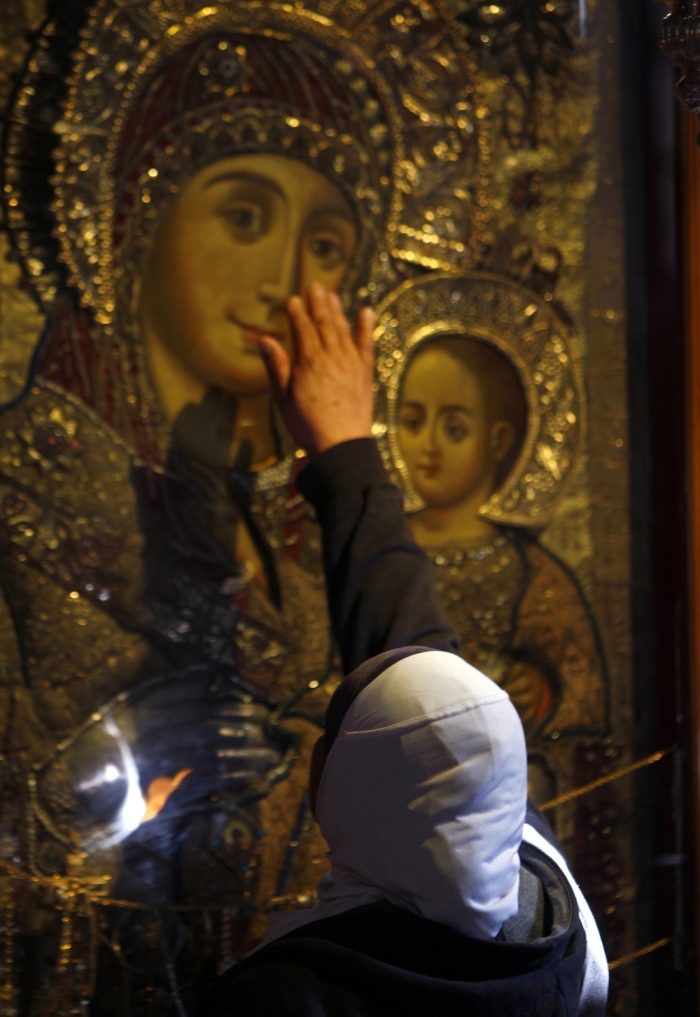Mary, Mother of Jesus, Not Named Among Top 10 Women Who Changed the World: BBC Poll

The Virgin Mary, the mother of Jesus Christ, was listed at No. 12 in a BBC History magazine poll where readers ranked the top 100 women in history who changed the world.
Results from the BBC History magazine poll, revealed on Thursday, were gathered from experts in 10 different fields of human endeavors who each nominated 10 women they believed had the biggest impact on world history.
"We then gave you, our readers the opportunity to vote for your favorite figures from that list. The results — presented here — may well provoke debate," BBC admitted as it presented the list, though did not reveal how many readers voted.
At the top of the list came Polish-French physicist and chemist Marie Curie, who won a Nobel Prize in two different sciences.
Curie and her future husband, Pierre, identified two new elements, radium and polonium, during their time at a university in Paris. Curie would go on to fund laboratories and to develop cancer treatments in the U.S. and Europe after her husband died.
During World War I, she would also equip ambulances with X-ray equipment, and drive them to the front lines.
"The odds were always stacked against her," says Patricia Fara, president of the British Society for the History of Science. "In Poland her patriotic family suffered under a Russian regime. In France she was regarded with suspicion as a foreigner — and of course, wherever she went, she was discriminated against as a woman."
Second on the list was U.S. civil rights icon Rosa Parks, who in 1955 challenged racial segregation in Alabama by sitting in a whites-only section of a bus and refusing to move.
Parks' actions are credited as being among the inspirations behind the civil rights movement in the 1960s.
Third on the list was social reformer Emmeline Pankhurst, followed by computer programmer Ada Lovelace; crystallographer Rosalind Franklin; British Prime Minister Margaret Thatcher; philanthropist Angela Burdett-Coutts; writer and philosopher Mary Wollstonecraft; British military nurse Florence Nightingale; and birth control advocate Marie Stopes.
For Mary, at No. 12, the BBC writes that she is "venerated by both Christians and Muslims, and is probably the most famous woman in history. The actual details of her life are veiled as much as they are elucidated by the New Testament."
Back in March, Mary was featured in another poll, this time commissioned by the Church of England, looking at "ideal mothers."
The survey, which also included fictional characters, was conducted by ComRes which surveyed 2,015 adults.
The late Diana, Princess of Wales, came out at the top spot. The voters' choice "my own mother" came in at second, followed by Mother Theresa at No. 3.
Mary was ranked at No. 8, behind fictional heroes Molly Weasley from the Harry Potter books, and Mary Poppins.




























